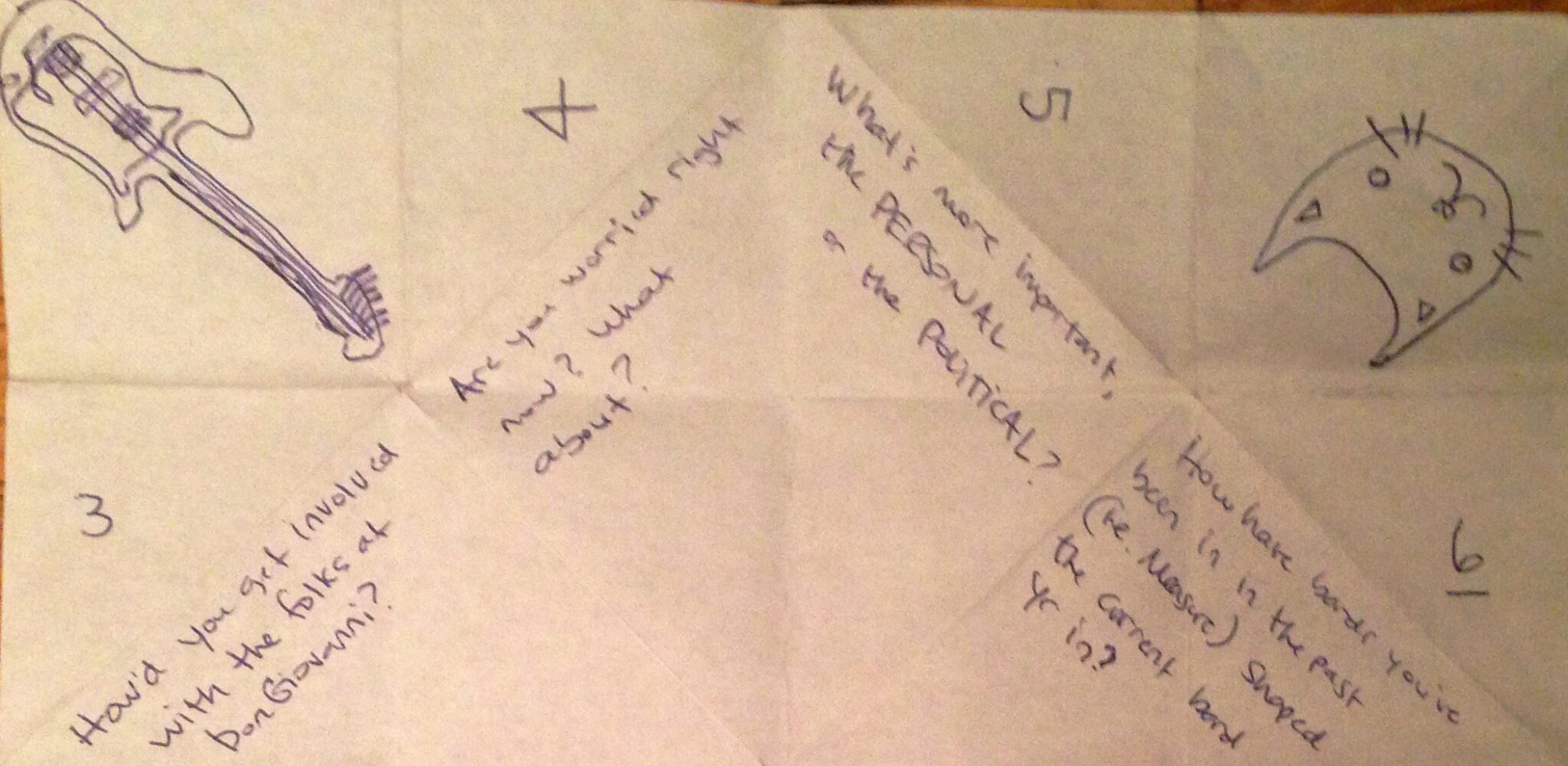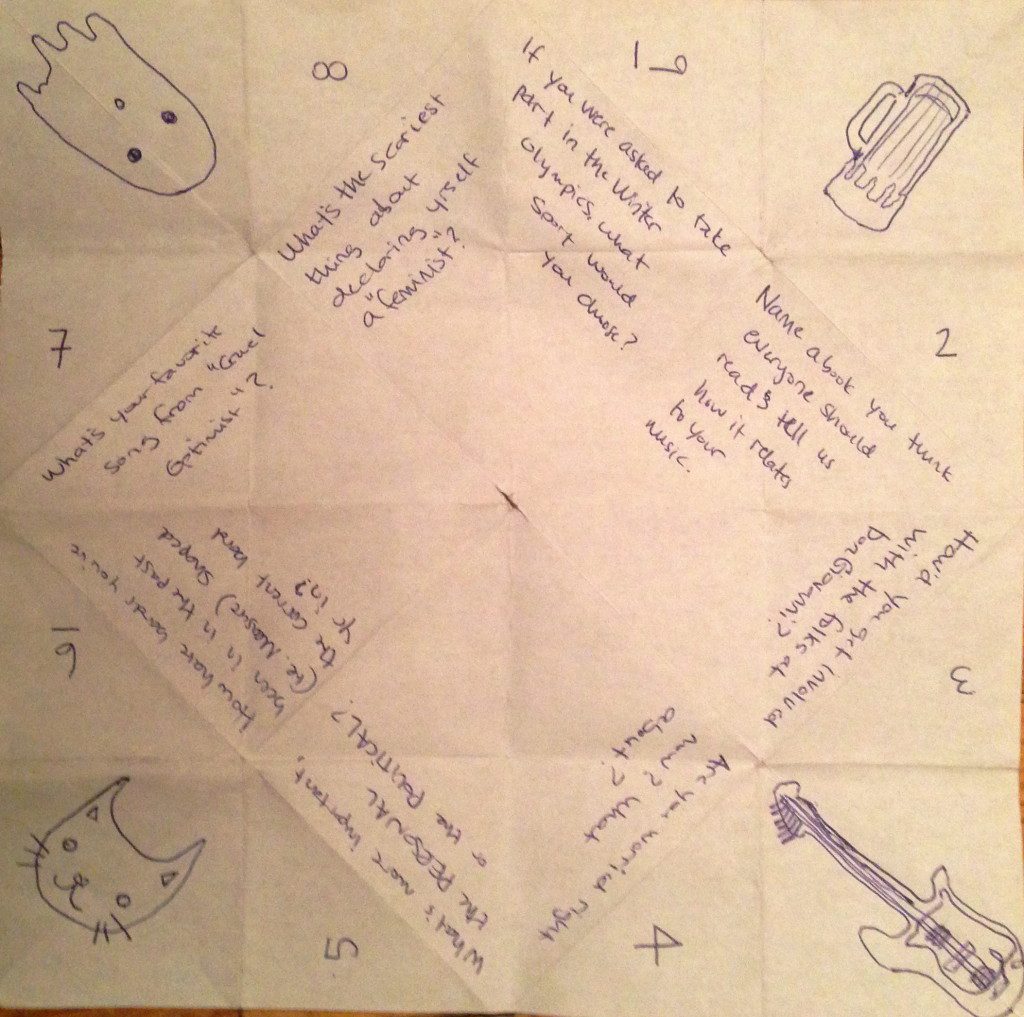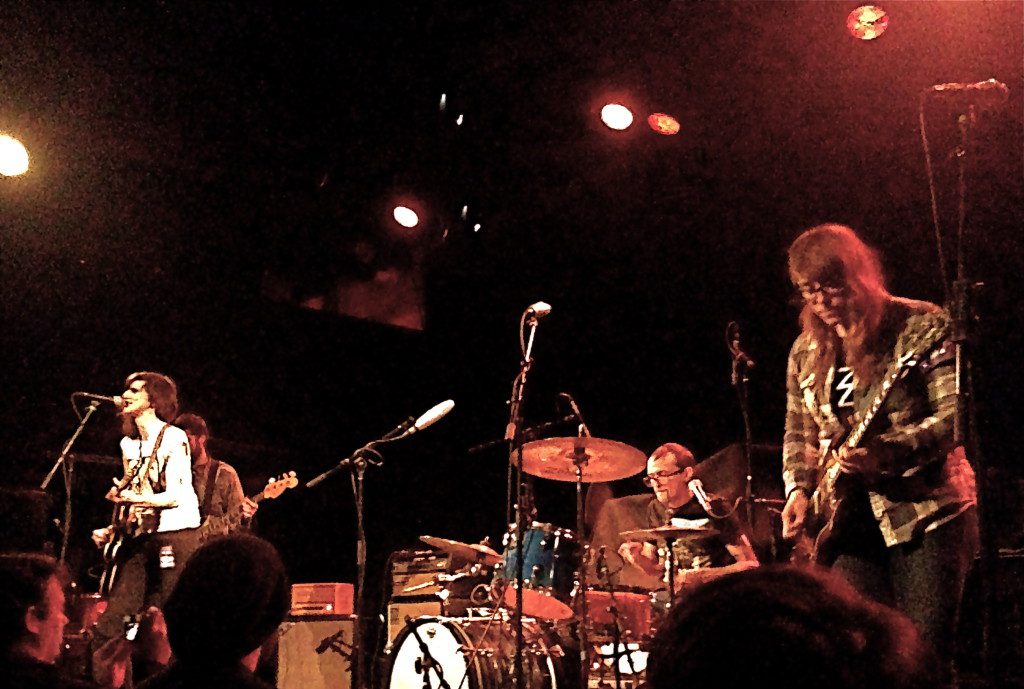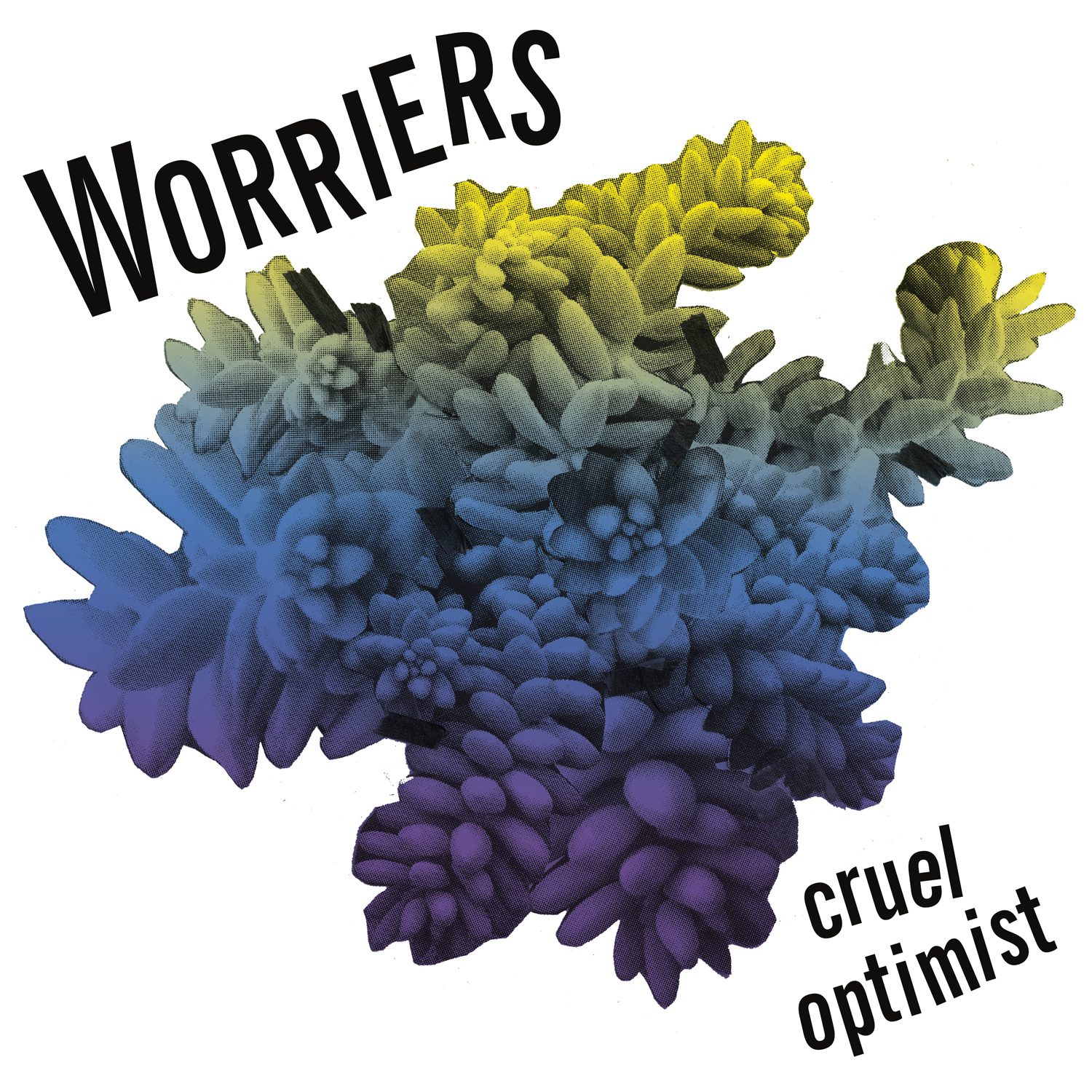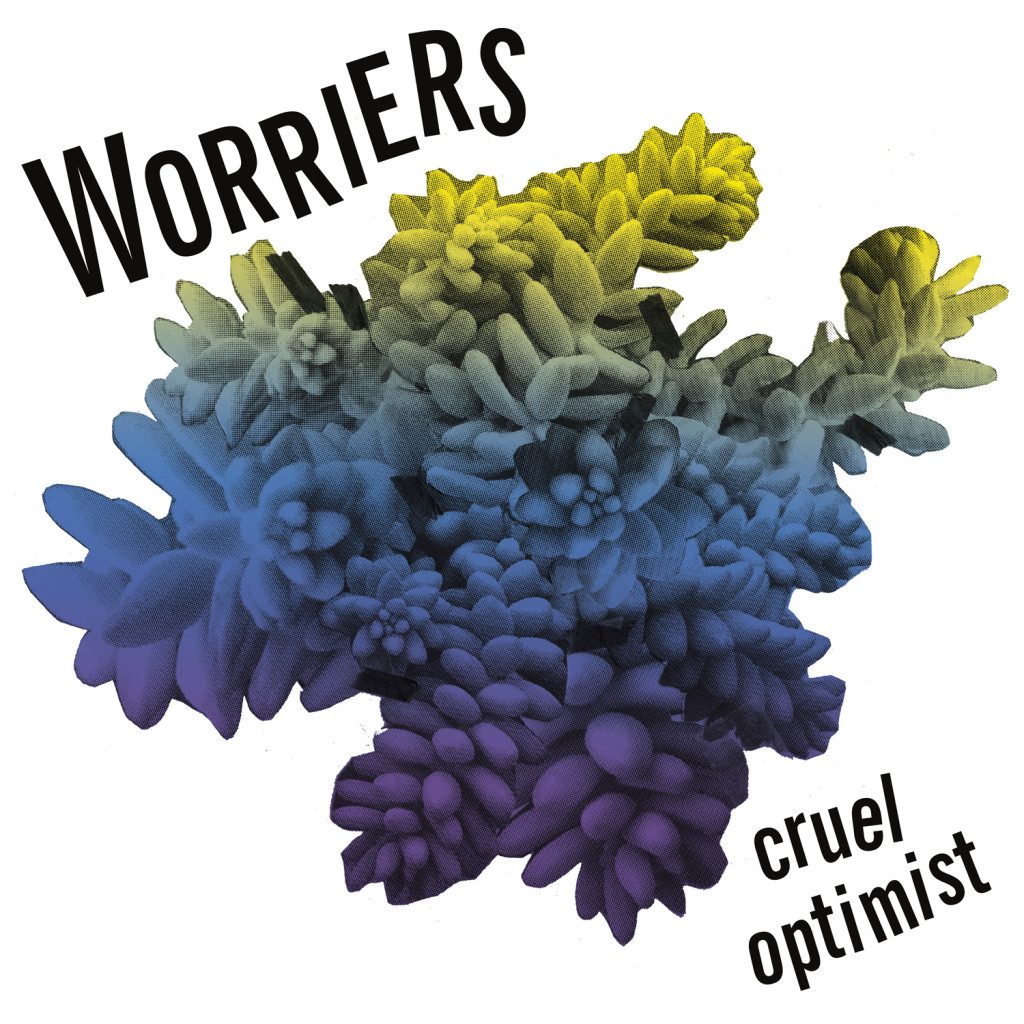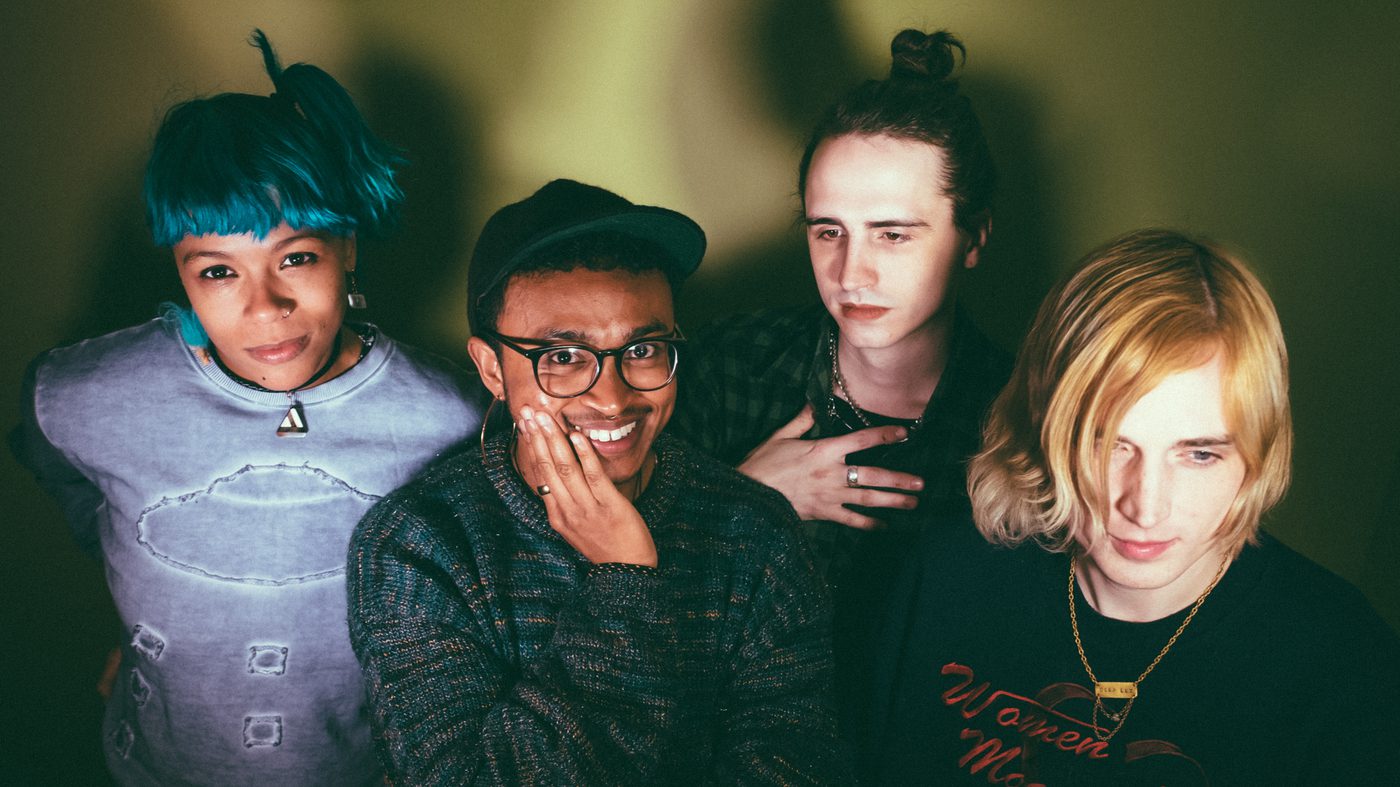
In (yet another) year where coverage of trans lives vacillated between stories of hyper-visible trans people – wealthy “success” stories, wearied activists and advocates, public artists struggling through waves of aggression and hate – and mournful eulogies (22 trans women of color were murdered in 2017), it’s easy for some to forget that trans lives are, after all, lives. Paying attention to the minutia of trans days – the boredom filled, plans made, and art created – means extending empathy to those that many see only as dead or decorated bodies.
Binaried interest in trans lives is mirrored and facilitated by the two days each year set aside to think about them – Trans Day of Remembrance and Trans Day of Visibility. But trans folks need to be more than remembered or rendered visible. They need to be supported daily, given access to the resources and tools needed for survival. And so much of the art I loved in 2017 was made by trans folks.
Defining “trans artist” as an individual musician or band with one or more trans or non-binary members, I’ve collected ten 2017 albums I want to share with everyone I know. As I wrote about these releases I love, my chest expanded to be tender and open – my self filled with the deep and satisfying strength which comes from meaningful art. In other words, I felt very !!!!! while writing this list, and I hope listening to these artists will spark the same feeling in you.
Aye Nako – Silver Haze
Listening to Aye Nako feels like being hit in the gut and wrapped in warmth at the same time. The band makes hard-working, gritty music which is both empathetic and unapologetic, and Silver Haze – which takes on anti-blackness, safety, childhood friendship, and feeling disconnected – is no exception. Mars Dixon and Jade Payne split vocals on songs which are challenging and complex. Earlier this year, I got the chance to speak with Aye Nako about their new album. And months after Silver Haze was released, I’ve taken to carrying a black tourmaline in each of my back pants pockets.
AhMerAhSu – Rebecca
Rebecca is dreamy and compassionate. On it, Star Amerasu tackles addiction, transphobia, and grief with a remarkably soft and open approach. It’s a forgiving album, treating both speaker and listener more kindly than we often treat ourselves. Each time I turn to Rebecca, I am struck once again by the grace and lightness that AhMerAhSu imbues in her work, as well as the technical and exacting beauty of her production. The songs on Rebecca are silky and deftly spun; worth both learning from and leaning on.
Rainer Maria – S/T
Rainer Maria’s first release in eleven years, S/T is more than a reunion album. Like some of their earlier work, S/T features haunting vocal give-and-takes from Kaia Fischer and Caithlin De Marrais, accompanied by fantastically heavy instrumental arrangements. Every time I listen to this album, I feel the same kind of driving satisfaction I imagine I might get after punching a TERF in the mouth. S/T is intense and surprising, blooming new sonic details with each listen.
Shamir – Revelations
Revelations is Shamir’s first release on Father Daughter records, and marks a shift in the artist’s sound. The album is expansive and meandering, unfolding complicated, fractured emotions through lyrical development. Compared to earlier albums, instrumentation and production takes a backseat on Revelation, but Shamir’s voice more than makes up for it. It’s a deep well of an album; one that I return to, over and over again, to draw out hurt, joy, and inspiration.
Vivek Shraya – Part Time Woman
2017 was Vivek Shraya’s year! On top of releasing Part-Time Woman, Shraya’s first book of poetry, Even this Page is White, won a 2017 Publisher Triangle Award, her upcoming book I’m Afraid of Men was slated for publishing in Fall 2018, and she was featured on Tegan and Sara’s anniversary album, The Con X (as was Shamir, and about a dozen other queer artists worth checking out). Part-Time Woman, which features musical support from the Queer Songbook Orchestra, is smart and biting. Shraya skewers what she calls “the labour expected in order to be seen and valued as a woman,” exposing mechanisms of violent transmisogyny through her lyrics.
Adult Mom – Soft Spots
Soft Spots is warm and weepy; an album that I can’t help but hold close. Steph Knipe’s approach to their songs is careful and enduring, resulting in songs which cradle the listener. I had the chance to see Adult Mom play in San Francisco last summer, and the feeling of fullness and great joy I felt during that show reappears with each listen of Soft Spots.
Worriers – Survival Pop
Listening to Worriers makes my whole body ache, and yet, somehow, it’s still fun. Survival Pop is like candy for folks who love pop punk, but also love listening to music about being non-binary. Though Lauren Denitzio’s lyrics are relentless, and occasionally even painful in their pointed honesty, the album is buoyed by fast and enthusiastic drum and guitar parts. Survival Pop is an album that asks to be danced to with abandon, desperately even. At the same time it sets itself up to be an educative tool for your mom.
Freya – The Brightest Ones
Released on Trans Day of Visibility, 2017, The Brightest Ones is soothing and imaginative. It offers world-building lyrics backed by sparkling electro-acoustic arrangements, as well as an endearing sense of personal intimacy. On her website, Freya notes when and where each song was written, offering a tender glimpse into the artist’s process.
Hirs – How to Stop Street Harassment
Hirs describe How to Stop Street Harassment as “ten songs about wanting to be left alone while minding our business being in public.” If you miss G.L.O.S.S. (and don’t we all?) this is the 2017 release for you. Hirs is a rotating collective of trans, queer musicians, and How to Stop Street Harassment is a brilliant manifesto in support of street safety for trans folks.
She/Her – Marigold
Chicago duo She/Her are triumphant on Marigold, wielding dysphoric and troubling lyrics with strength and precision. She/Her takes their time on the album, committing to varied instrumental movements and, in some cases, longer songs which build until it seems they might break. The opening instrumental track “Locust Street” is a gorgeous surprise which sets up the band’s attention to texture throughout the album.

